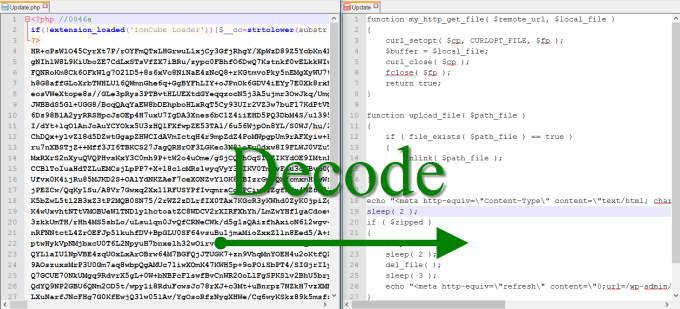
We have an entire article focused on the Keys features which describes how they work (see here). Version 9 also introduced External Keys as another means of security you can consider for your scripts, though we recommend dynamic keys as the best option. The absence of static keys and the ability to layer as many keys as you like makes reverse engineering a significant challenge over the traditional static key approach. Rather than hiding decoding keys within encoded files, Dynamic Keys are encryption keys that are generated only when a script is run and by the script itself.

Using more than one protection mechanism is good security practice, and even if your code does not lend itself to using obfuscation fully, you can still maximise protection by implementing other mechanisms such as Dynamic Keys (see here).Īn extremely powerful feature introduced in Version 9 is Dynamic Keys. Note that sometimes full obfuscation is not possible and certain options will need to be disabled or specific identifiers need to be excluded (see how) for your code to work properly. Some paid plans may also offer priority support, regular. The free version may have some limitations on features and PHP versions supported, while the paid versions usually offer more advanced features and support for a wider range of PHP versions.

This is an additional layer of security to the general mangling that occurs with standard encoding. IonCube decoder plans typically come in a variety of options, including free and paid versions.

The ionCube Encoder will allow you to obfuscate different identifiers such as classes, functions and line numbers.


 0 kommentar(er)
0 kommentar(er)
